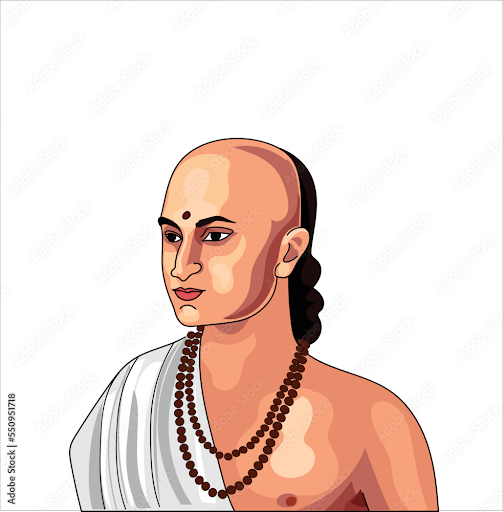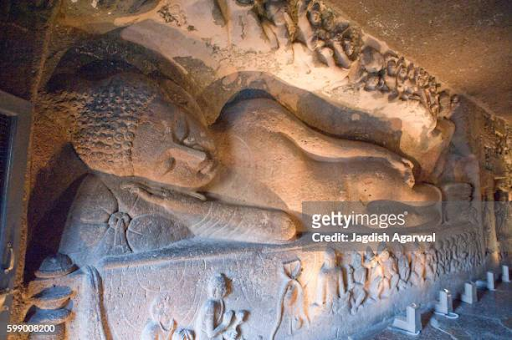Ancient India : Journey Through Time
Ancient India, a land steeped in history and tradition, is a mesmerizing tapestry of cultures, civilizations, and wisdom that has shaped the Indian subcontinent for millennia. This vast and diverse land, which encompasses a multitude of languages, religions, and traditions, has been a cradle of human civilization and a source of great knowledge. In this article, we will delve into the fascinating world of ancient India, its contributions to science, philosophy, art, and more.
Geography and Civilization
Ancient India extended from the snow-capped Himalayas in the north to the tropical shores of the Indian Ocean in the south, with the mighty rivers Ganges and Indus flowing through its heart. The geographical diversity of this region gave rise to a wide range of cultures and civilizations, each with its unique characteristics.
The Indus Valley Civilization, one of the world's oldest urban civilizations, thrived around 3300-1300 BCE. Its well-planned cities, like Mohenjo-Daro and Harappa, had advanced drainage systems, suggesting an impressive level of technological and urban planning sophistication for its time.
Vedic Period and Hinduism
The Vedic period, which began around 1500 BCE, brought with it the Vedas, a collection of ancient sacred texts, which laid the foundation for Hinduism. These texts are not only spiritual but also contain significant insights into mathematics, astronomy, and philosophy.
Hinduism, the world's oldest major religion, emphasizes the pursuit of dharma (duty), karma (action), and moksha (liberation). It has inspired a rich tapestry of religious traditions, rituals, and philosophies, making it a vital part of India's cultural and spiritual identity.
Golden Age of Knowledge
Ancient India's intellectual and cultural achievements reached their zenith during the Gupta Empire (c. 320-550 CE). This period is often referred to as the "Golden Age of India." It witnessed remarkable progress in mathematics, astronomy, and medicine.
Mathematicians of ancient India made groundbreaking discoveries, including the concept of zero, the decimal system, and the value of π (pi). The renowned mathematician and astronomer Aryabhatt's works are still studied today for their contributions to trigonometry and algebra.
Medicine also saw remarkable advancements during this period. Sushruta, often regarded as the "Father of Surgery," wrote the "Sushruta Samhita," an ancient text that outlined surgical techniques and medical procedures. Ayurveda, a system of natural medicine, was developed and continues to be practiced today.
Art and Architecture
The art and architecture of ancient India showcase exquisite craftsmanship and a deep spiritual connection. Temples and cave complexes, such as the Ajanta and Ellora Caves, are masterpieces of rock-cut architecture, filled with intricate sculptures and frescoes depicting the life of Buddha and various Hindu deities.
The Khajuraho Group of Monuments, with its stunning erotic sculptures, is another example of the intricate carvings that adorned ancient temples. These temples serve as a testament to the aesthetic and artistic sensibilities of the people of that time.
The Maurya and Gupta Empires also contributed to the development of monumental architecture. The Mauryan emperor Ashoka, known for his conversion to Buddhism, erected numerous stone pillars inscribed with edicts promoting moral and ethical values. The architecture of the Sanchi Stupa, a Buddhist monument, reflects the cultural fusion of the period.
Trade and Connectivity
Ancient India was a pivotal point along the Silk Road, connecting the East to the West. The trade routes that crisscrossed the subcontinent allowed for the exchange of goods, ideas, and cultures, leading to a cross-pollination of knowledge.
Notably, the spice trade brought the riches of India to the Western world, making it a sought-after destination for traders and explorers. The famed traveler Marco Polo described India as a land of unimaginable wealth, exotic spices, and vibrant markets.
Conclusion
Ancient India's legacy endures in the modern world. Its contributions to science, philosophy, art, and spirituality have left an indelible mark on human civilization. The cultural richness and intellectual depth of ancient India serve as a testament to the extraordinary achievements of this ancient land. Exploring its history is an invitation to delve into a world of wonders, wisdom, and ancient marvels that continue to captivate the world even today.







Comments
Post a Comment